Lurker (2021)
장르 : 공포
상영시간 : 11분
연출 : Kyle Kennerson
시놉시스
A voyeuristic night photographer discovers that she has become the subject of some thing's lens.
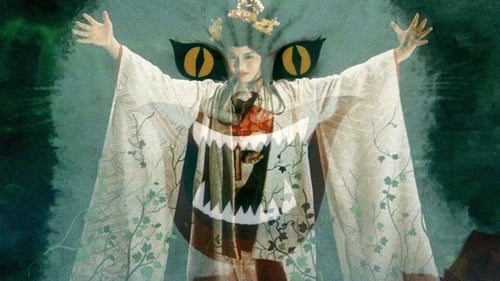
오샤레는 오늘도 친구들과 함께 여름방학 계획을 짜느라 여념이 없다. 방과 후 집으로 돌아온 그녀를 맞이하는 아빠, 이탈리아에서 돌아온 아빠가 반갑지만 아빠 옆에는 곧 새 엄마가 될 낯선 여자가 서 있다. 충격에 휩싸인 오샤레는 문득 생각난 시골 이모댁에 편지 한 통을 보낸다. 여름방학이 오고 오샤레는 7명의 친구들과 함께 시골 이모 집을 방문하기로 한다. 정겨운 시골의 분위기와 따뜻하게 맞아주는 이모는 도시밖에 몰랐던 오샤레와 친구들에게 특별한 방학을 선사해 줄 듯 하다. 하지만 뜻 밖의 사건들이 그들을 기다리고 있다. 집 안의 물건들이 그들을 위협하기 시작하고 친구들이 하나 둘씩 사라져 간다. 위협의 정체는 바로 이모. 사랑하는 사람을 전쟁으로 잃은 채 혼자 살다가 수년 전에 죽은 이모는 자신의 원한을 풀고자 젊은 처녀들을 잡아먹기 시작한다.
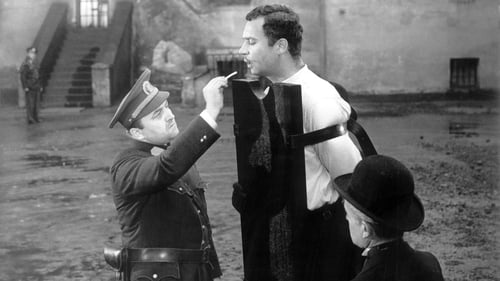
A dark comedy about a murder and its consequences presented in a backwards manner, where death is actually a rebirth. The film starts with an "execution" of the main protagonist and goes back to explore his previous actions and motivations.
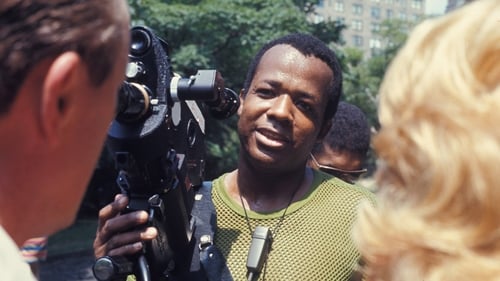
In Manhattan's Central Park, a film crew directed by William Greaves is shooting a screen test with various pairs of actors. It's a confrontation between a couple: he demands to know what's wrong, she challenges his sexual orientation. Cameras shoot the exchange, and another camera records Greaves and his crew. Sometimes we watch the crew discussing this scene, its language, and the process of making a movie. Is there such a thing as natural language? Are all things related to sex? The camera records distractions - a woman rides horseback past them; a garrulous homeless vet who sleeps in the park chats them up. What's the nature of making a movie?
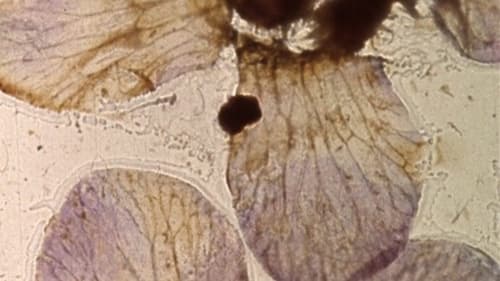
카메라없이 처음으로 만들어진 작품. 실제로 필름 위에 나방의 날개, 꽃잎 조각, 풀 등을 콜라주 형태로 붙여놓고 일련의 프린트 과정을 거친 작품으로 널리 알려져 있다. 이미 죽어버린 생명체가 작가의 손길을 거쳐 스크린 위에 다시 투영될 때의 빛의 숨결을 받아 새로운 생명으로 환생한다는 역설적인 메시지를 지니고 있다. 바로 빛의 깜박거림으로 인하여 영사기를 통해 보여지는 나방의 날개는 마치 살아서 움직이는 것같은 환상을 관객들에게 제공한다.
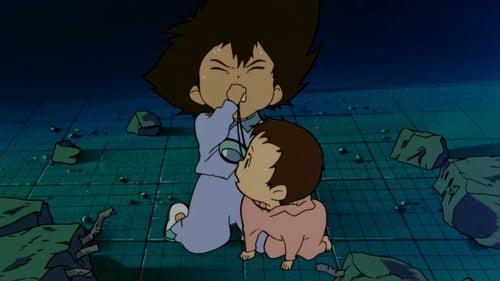
Two children receive a strange egg that hatches into their very first Digimon, leading to the night that would change their lives forever.

An experimental short film by Walerian Borowczyk and Jan Lenica.

100 basic images switching positions for 4000 frames.

A live action footage of a smiling, bespectacled (presumably) Western tourist set against the familiar cadence of an accelerating train revving up as it leaves the station sets the mesmerizing tone for the film's abstract panoramic survey of an Ozu-esque Japanese landscape of electrical power lines, passing trains, railroad tracks, and the gentle slope of obliquely peaked, uniform rooflines as Breer distills the essential geometry of Mount Fuji into a collage of acute angles and converging (and bifurcating) lines .

Early Abstractions is a collection of seven short animated films created by Harry Everett Smith between 1939 and 1956. Each film is between two and six minutes long, and is named according to the chronological order in which it was made. The collection includes Numbers 1–5, 7, and 10, while the missing Numbers 6, 8, and 9 are presumed to have been lost.

In 1944 Lye moved to New York City, initially to direct for the documentary newsreel The March of Time. He settled in the West Village, where he mixed with artists who later became the Abstract Expressionists, encouraged New York’s emerging filmmakers such as Francis Lee, taught with Hans Richter, and assisted Ian Hugo on Bells of Atlantis. Color Cry was based on a development of the “rayogram” or “shadow cast” process, using fabrics as stencils, with the images synchronized to a haunting blues song by Sonny Terry, which Lye imagined to be the anguished cry of a runaway slave. —Harvard Film Archive

This animated short film attempts to answer the eternal questions, What is dying? and How does it feel? Based on recent studies, case histories and some of the ancient myths, the afterlife state is portrayed as an awesome but methodical working-out of all the individual's past experiences. Film without words.

Takashi Makino’s source of inspiration, our place in the world and the universe, never seems to dry up in view of the never-ending flow of immersive films. Generator may well be the earthiest of his films so far, made as a reaction to the Fukushima disaster. A reality check, but in the world that Makino shows, this can never be achieved without looking inwards too.

An animation film, made without the use of a camera, in which "boogie" played by Albert Ammons and "doodle" drawn by Norman McLaren combine to make a rhythmic, brightly colored film experiment. The main title is in eight languages.

Kinoautomat was the world's first interactive movie, conceived by Radúz Činčera for the Czechoslovak Pavilion at Expo '67 in Montreal. At nine points during the film the action stops, and a moderator appears on stage to ask the audience to choose between two scenes; following an audience vote, the chosen scene is played.
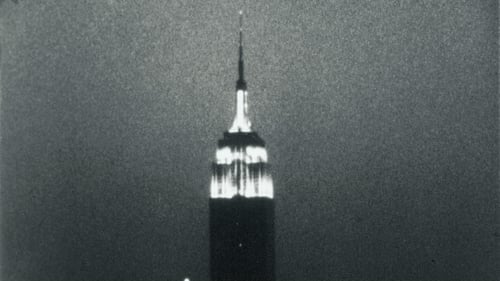
Experimental film consisting of a single static shot of the Empire State Building from early evening until nearly 3 am the next day.
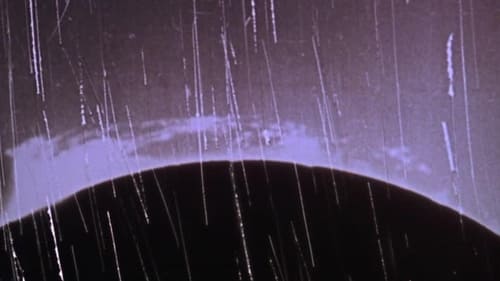
A creation myth realized in light, patterns, images superimposed, rapid cutting, and silence. A black screen, then streaks of light, then an explosion of color and squiggles and happenstance. Next, images of small circles emerge then of the Sun. Images of our Earth appear, woods, a part of a body, a nude woman perhaps giving birth. Imagery evokes movement across time. Part of the Dog Star Man series of experimental films.

Via the New York Times: "...a severely obscure meditation on pre-revolutionary Russia in the form of an encounter between a ghost from the past and the ghost's present-day guardian. In fact, the two characters seem to be the shade of Anton Chekhov and the young man who tends a Chekhov museum in the Crimea, though that is never made explicit."

An essay around the streets, as an homage to Fernando Pessoa

A documentary with the three cinematographers known for breaking away cinema away from celluloid with the introduction of digital video.

Overripe with psychosexual poetry and stark, oneiric rituals, Adachi's filmmaking debut, made while he was still an undergraduate, counts among the more resonant accomplishments of the now famous Nihon University Film Club. Adachi's obvious fascination with the wide-eyed watchfulness of childhood and the uncanny is an expression of the important surrealist strand running throughout the post-WWII Japanese avant-garde. - Harvard Film Archive
















